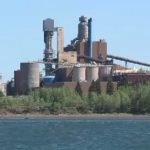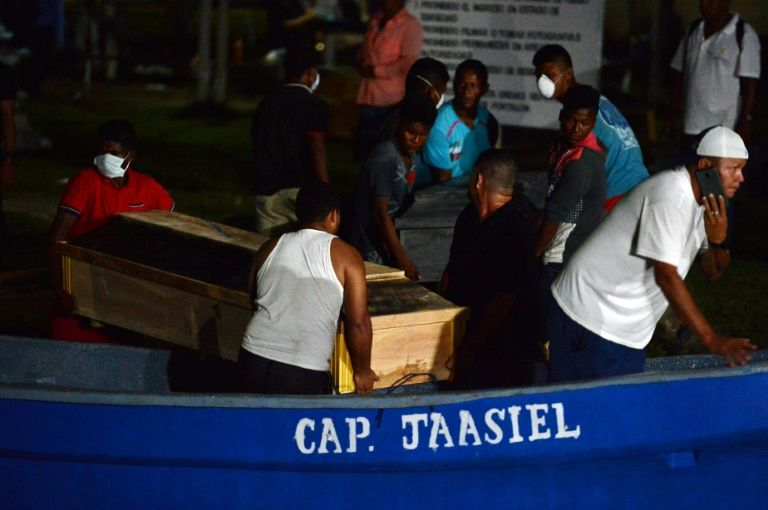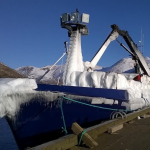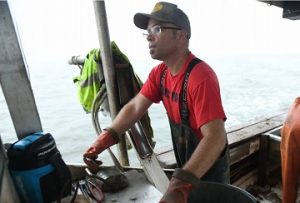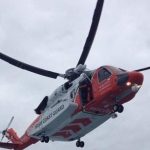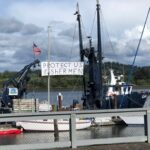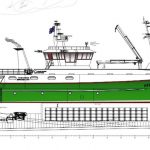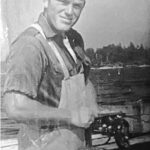SEA-NL on foreign investment
 FOR IMMEDIATE RELEASE — Thursday, Oct. 27th, 2022 – Seaward Enterprises Association of Newfoundland and Labrador (SEA-NL) says a provincial government review of foreign investment in the fish processing sector misses the boat entirely in terms of addressing the extent of foreign control and corporate concentration.
FOR IMMEDIATE RELEASE — Thursday, Oct. 27th, 2022 – Seaward Enterprises Association of Newfoundland and Labrador (SEA-NL) says a provincial government review of foreign investment in the fish processing sector misses the boat entirely in terms of addressing the extent of foreign control and corporate concentration.
“The report certainly has nice pictures,” says Ryan Cleary, SEA-NL’s Executive Director. “Beyond that the takeaway about foreign control and corporate concentration in the fishing industry is that Minister Derrick Bragg missed his calling as a window-dresser.”
The report of foreign investment in the processing sector comes more than two years after the province approved Royal Greenland’s takeover of Quinlan Brothers and St. Anthony Seafoods in September 2020 upon recommendation of the Fish Processing Licensing Board earlier that month.
In recommending approval of the purchase, the board warned the level of foreign investment by companies that are normally Newfoundland and Labrador’s competitors in the world market was getting to be “significant.”
The provincial government ordered a review of foreign investment a year later in September 2021 — two weeks after SEA-NL wrote the premier asking for one to coincide with an ongoing federal review of foreign ownership of offshore fishing licenses.
But the provincial government report highlighted that the province’s historic experience with foreign investment in the processing sector has been positive, praising Royal Greenland’s “beneficial contributions” to competition and productivity within the sector.
Moving forward, the report recommends processors be made to submit annual information on shareholder and corporate structure, as well as data on beneficial ownership, which refers to who actually benefits from a fishing/processing license.
“SEA-NL’s message was for complete transparency, for the province to consult as broadly as possible, and for no stone to be left unturned to reveal the true extent of foreign control/corporate concentration within our commercial fisheries,” said Cleary. “That message was ignored.”
Royal Greenland — along with Ocean Choice International, and the Barry Group — control most of all fish (and shellfish) processing in the province.
The companies are also widely believed to control an unknown number of inshore fishing licences through so-called controlling agreements “whereby a person or corporation other than the named license-holder controls, influences and benefits from the license.”
Those controlling agreements are said to be rampant in Newfoundland and Labrador’s inshore fishery, which should set off alarm bells regarding food security, and the province’s ability to economically capitalize on the inshore fishery.
The province released another review recently of the province’s fish price-setting model, which also didn’t address the impact that corporate concentration and foreign-control has over prices or hold public meetings.
Contact Ryan Cleary: 709 682 4862
Ryan Cleary, Executive Director

































